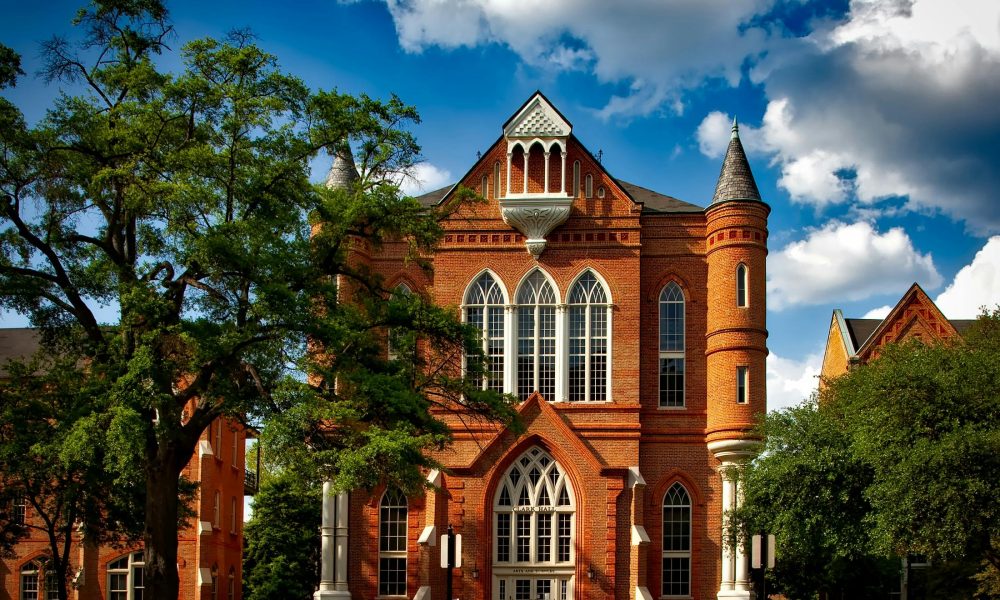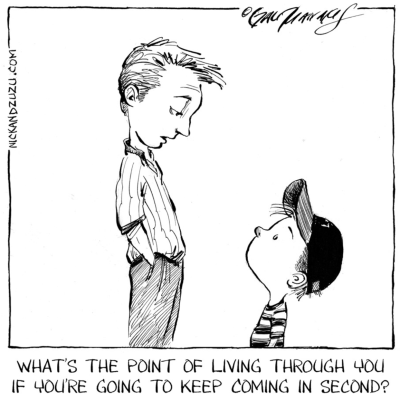The College Admissions Process Is Not The Only Option
Every year, millions of students apply for college. College is supposed to be a place where students can explore themselves and their interests, and ultimately make a contribution to the world. However, the process of getting into college has only gotten more and more difficult. Colleges are becoming gradually more competitive and expensive, and this has made them less accessible. Importantly, this process has become very normalized, with many teens believing it to be their only option. General opinion about applying to college needs to change because of the emotional and financial stress that it places on teens. Teens also need to be made more aware of the other options that they have after high school.
Debatably, the worst aspect of the college admissions process is the stress that it puts on students so early in their lives. Teens are expected to make a major decision about what they want to do for the rest of their lives, as well as where they want to live for the next four years, all before they are 18. This can be considered quite a burden for teens who are still not sure where they want to go or what they want to be. In a survey I conducted of juniors at Boston Latin Academy, 53.7% found the college process to be somewhat or extremely stressful, with college essays and standardized testing a particularly stressful aspect. Similarly, 70% believed the decision would be important for their long-term future and success. Teens are aware of the impact of their college decision, and a majority of them are stressed out about it. Regardless of these stresses, there is a lot of pressure on teens to make these big decisions right out of high school. Most people do not know what they want to do or who they want to be, but they are forced to decide anyway.
To add to this emotional pressure is the financial pressure, which has only been increasing in recent years due to rising prices. According to the National Center for Education Statistics, the average price for college between 1980 and 2020 increased from $10,231 to $28,755, which is a 180% increase. If you are applying to a private school, then that number is much higher, closer to $50,000 and $60,000. This is a stark increase and has made college much less affordable and accessible for the average family. These rising costs are further exacerbated by the Early Decision deadline, where people have to accept admission before they know exactly what their financial aid looks like. Early Decision favors individuals who are wealthy as people from financially disadvantaged backgrounds cannot afford the financial risks. On top of all this is the FAFSA fiasco of 2024. When FAFSA was moved to a digital platform in 2024, it ended up having a lot of issues and crashing, which prevented many people from receiving financial aid and other support. This has only added to the stress and expenses, making the college process more difficult for all. Financial aid is already difficult to apply for and acquire, and these technical difficulties have exacerbated the issue.
One of the major downsides of the normalization of this process is that going to college is generally viewed as the only option. However, there are many things that you can do right after you leave college. For one, going into a trade can be both a realistic and profitable option. Joining a trade school and learning a trade is easier than ever before. The US job market is currently experiencing a shortage of these jobs, making them highly coveted and well-paid. Learning a trade is a very realistic and flexible option, and can function as an appealing alternative to college. Attending a two-year community college may also be a better choice. Attending community college is usually more affordable than your average four-year university, and can allow you to get an associate’s degree. On the other hand, you can transfer from a community college to a four-year university, which can even be cheaper than heading straight to university after high school. You could even choose to take a gap year, which is a year-long break (or maybe even longer) where you can travel, explore interests, and find out more about yourself before attending college. This can be an attractive option especially if you do not yet know what you want to do with your life, as it provides you the opportunity to explore all the possible options. Whichever you choose, it is important to remember that there are many other options besides colleges, which offer alternate paths to success and enjoyment.
Applying for college can be difficult, especially with all of the current issues that surround the college application process. It can feel suffocating trying to make all of these big decisions, but it is important to remember that there are other options as well. By working to change general opinions around the college application process, we can help alleviate stress and help others find the best path toward their future.










